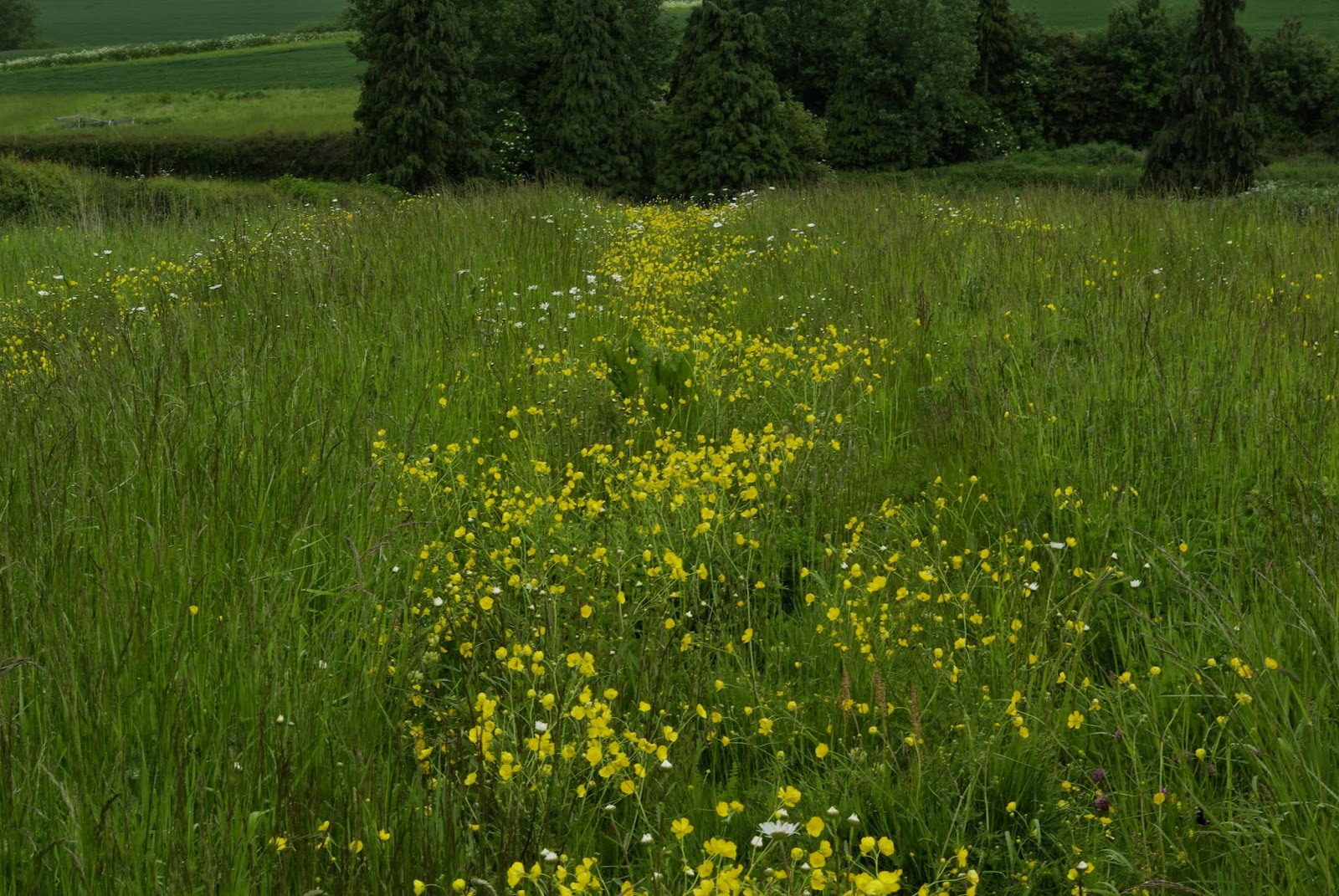Wednesday 14 January 2015
Trevelyan Hall, St Matthew's Conference Centre, St Matthew's House
20 Great Peter Street
Westminster
London SW1P 2BU
20 Great Peter Street
Westminster
London SW1P 2BU
Free Admission
Dear Sir/Madam
On behalf of the
inter-agency Land Use Policy Group (LUPG), I’d like to invite you to join us at
a one-day seminar designed to explore the potential for agro-ecological
approaches to contribute to the sustainable intensification of agriculture.
In parallel with the promotion
of sustainable intensification, there is a growing interest in agro-ecology, as
exemplified by a number of reports[1] [2]. Following the previous work we
commissioned on sustainable intensification, LUPG has now asked the Organic
Research Centre (ORC) to examine the relationships between the
sustainable intensification and agro-ecology concepts via a desk-based study.
This project is intended to explore the extent to which the two concepts
are compatible as well as assessing whether agro-ecological systems and
strategies are a valid and/or necessary path to sustainable intensification in
both the UK and European contexts.
We would be delighted to see you
at ORC’s forthcoming presentation of their findings at the St Matthew’s Conference Centre in London on Wednesday 14
January 2015. More information,
including a location map is available at: http://www.stmwvenue.co.uk/
We are planning for
the event to start at 10.30 am and finish at around 15.30 in the afternoon. We
are also intending for all of the feedback received to be taken into
account in the preparation of the final report.
The agenda is likely to cover the following themes and will include a panel
discussion (including Dr Tara Garnett of the Food Climate Research Network,
Prof Tim Benton from Leeds University, Prof Charles Godfray from Oxford
University, Stuart Knight from NIAB, and
Phil Jarvis from the Allerton Project (Game & Wildlife Conservation Trust))
:
·
A review of agro-ecological systems and
strategies;
·
Assessing the relative performance of agro-ecological
systems/strategies against more conventional approaches to sustainable
intensification;
·
Establishing whether and to what extent
agro-ecological systems/strategies can contribute to sustainable
intensification;
·
A discussion on barriers and opportunities to
the uptake of agro-ecological systems/strategies.
In order that we can cater for your dietary needs, please let us know
about any special requirements as soon as possible.
All responses should be sent to kelly.matheson@snh.gov.uk and please
feel free to pass this invitation onto a colleague if you are unable to join us
on the day.
The final programme will be circulated closer to the date - and we look
forward to welcoming you on 14 January 2015.
Yours sincerely
Cécile Smith
Scottish Natural Heritage on behalf of the Land Use Policy Group
[1] The Centre for
Agroecology and Food Security (2013) Mainstreaming Agroecology:
Implications for Global Food and Farming Systems, Discussion Paper.
Coventry University/Garden Organic
http://www.coventry.ac.uk/Global/05%20Research%20section%20assets/Research/CAFS/Publication,%20Journal%20Articles/MainstreamingAgroecology_WEB.pdf
[2] Olivier
de Schutter (2011) Agroecology and the Right to Food, Report by the Special
Rapporteur on the Right to Food, UN.
http://www.srfood.org/images/stories/pdf/officialreports/20110308_a-hrc-16-49_agroecology_en.pdf























































